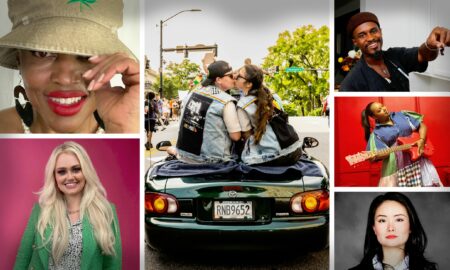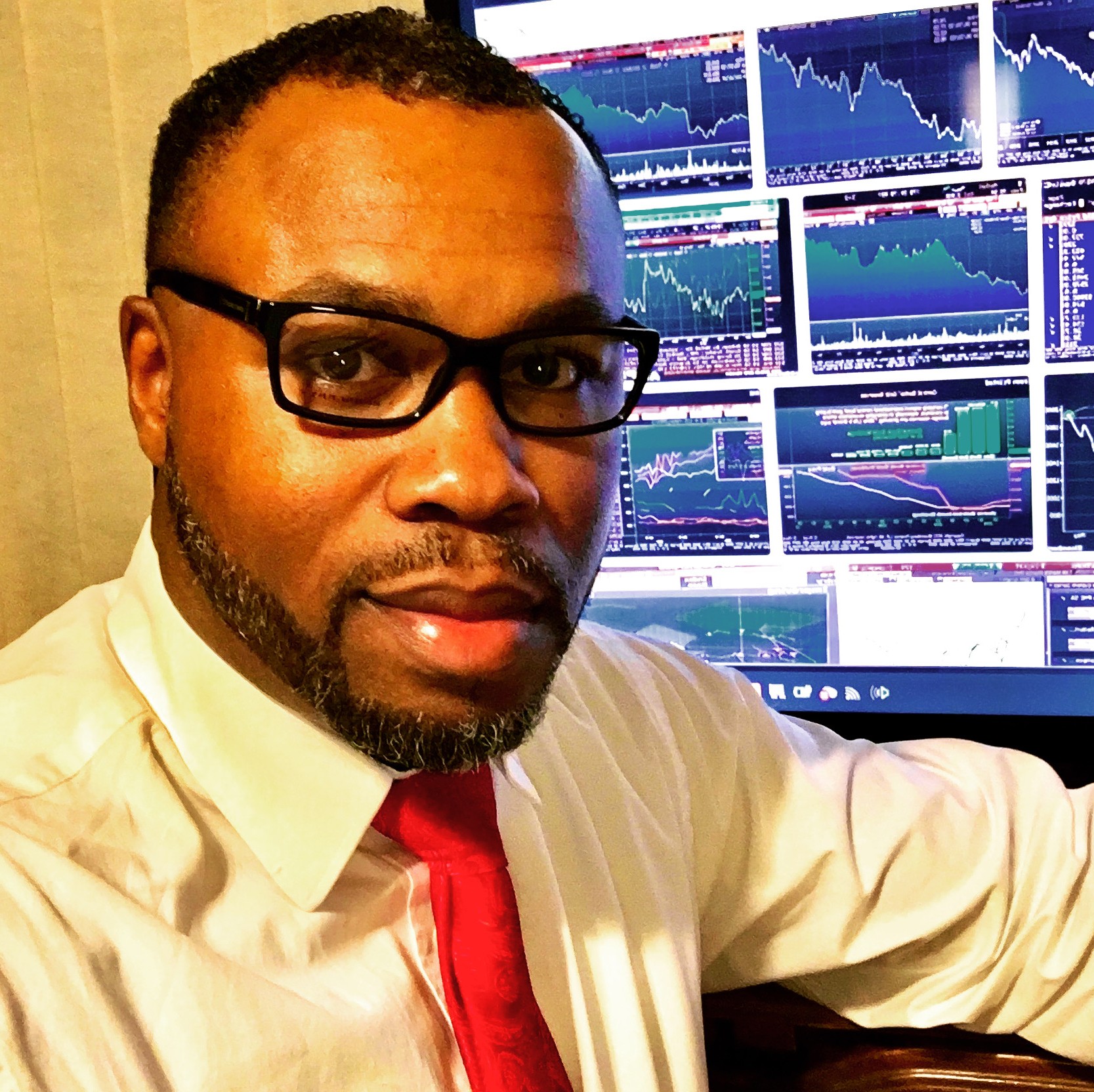

Today we’d like to introduce you to SerVanes Wilson.
Hi SerVanes, we’d love for you to start by introducing yourself.
I started my career graduating into the 2007-08 recession, where I immediately encountered the hiring barriers that would define the next decade. Despite a strong degree and skills, I never received a single interview. Every role I held was secured through a personal connection, and in each, I delivered award-winning, record-breaking results for my employers. During the pandemic, I lost my employment. Facing identical hiring obstacles, I made a pivotal decision: to channel my 15+ years of freelance expertise into a formal business, The ISACC Institute’s Consulting & Design Firm. I quickly discovered that small businesses faced a critical lack of access to affordable, professional-grade branding and consulting services, which hinders their growth and competitiveness. Where I am today is at the helm of a dual-mission social enterprise with the goal to further help underserved entrepreneurs compete, while formalizing an internship program for minority students and graduates to create a pipeline that provides real-world skills while addressing the very hiring biases I faced. The journey from exclusion to entrepreneurship has fueled my commitment to using my business as a tool for equity and economic empowerment.
Can you talk to us a bit about the challenges and lessons you’ve learned along the way. Looking back would you say it’s been easy or smooth in retrospect?
The road here has been bumpy at best. Especially seeing as it has been defined by systemic barriers and personal challenges. However, these are the very things that directly shaped the mission of my business. My entire career has been a case study in systemic exclusion. Despite a top-tier education and a proven track record of driving record-breaking results for employers, I have never received an interview for a position without a personal connection to someone at the company. And even then, it was not guaranteed that they would bring me in for an interview. This pattern, consistent since the 2007 recession and repeated during the 2020 pandemic, isn’t a coincidence; it’s evidence of a biased system. Building a business alone, without capital or connections, meant every step was a hurdle. A family medical emergency in 2022 forced me to pause operations for over a year. It exposed a critical weakness: the business was entirely dependent on me. Without funding, I’ve had to personally invest 200+ hours (and counting) into building systems and processes from the ground up—like migrating to a CRM and developing training curricula—instead of focusing on sales and growth. This necessary but slow work has capped our scaling potential. The very clients who need our services most—minority-owned businesses—have the least capital to pay for them. Pricing our services accessibly while maintaining quality is a constant balancing act. My personal experience with employment bias and the operational challenges of bootstrapping a socially-conscious business have given me an undeniable, firsthand understanding of the exact problems ISACC exists to solve: lack of access and lack of opportunity. The road hasn’t been smooth, but it has been informative, and it has forged our mission with absolute clarity and conviction.
Appreciate you sharing that. What else should we know about what you do?
My formal education provided the technical foundation, but my professional experience revealed its true application: serving those the system leaves behind.
I hold a B.S. in Media Arts & Science and an A.A. in Music Business & Technology from Indiana University. This education gave me a rigorous understanding of design theory, audio engineering, and media production—the how of my work.
However, my experience taught me the why. For over 16 years, I’ve worked as a graphic designer, studio engineer, and production assistant. I’ve contributed to projects ranging from RIAA gold-certified albums to statewide public television broadcasts. This diverse background is not a list of disjointed jobs; it is a curated skill set in crafting professional-grade visual and auditory identity.
What sets me apart is how I apply this knowledge. I do not reserve these high-level skills for Fortune 500 budgets. Instead, I specialize in translating elite capabilities into accessible solutions for startups and solopreneurs. My most vital skill is diagnosing why a brand fails to connect and executing a precise, affordable redesign that drives growth.
I am most proud of leveraging this education not for corporate advancement, but to solve a critical market failure. I saw that minority-owned businesses and graduates were locked out of the very industries I was trained in. My practice directly bridges that gap, using my formal training to empower the underserved, proving that professional quality shouldn’t be a privilege reserved for those with the right connections or capital.
In essence, my education gave me the tools. My experience gave me the purpose: to use those tools to build a more equitable and impactful creative economy leveling the playing field, one brand at a time..
How do you think about luck?
The role of “luck” in my journey is complex. I do not believe in random chance; I believe in systemic patterns that are often mislabeled as luck. I have experienced what many would call extraordinarily bad luck: graduating into an economic crises, losing my employment during a global pandemic, and a severe family medical emergency that halted my business for a year. However, to simply call these events “bad luck” is to ignore the predictable, systemic vulnerabilities they exposed. The “bad luck” of never getting an interview from thousands of applications isn’t misfortune—it’s the documented outcome of a biased system. The “bad luck” of a business stalling without me wasn’t an accident—it was the predictable result of a founder-dependent model. These events weren’t random; they were stress tests that revealed pre-existing flaws in the systems around me and within my business. Conversely, the “good luck” in my story is actually the product of preparation meeting necessity. The “luck” of having 16 years of freelance experience was built by grinding through unemployment and underemployment. The “luck” of identifying a massive market gap (underserved small businesses) came from living inside that very gap myself. The “luck” of developing a resilient mindset was forged by repeatedly being forced to adapt and rebuild. My most significant “break” had nothing to do with chance. It was the clarity of perspective that came from facing systemic barriers. This clarity allowed me to see a unique business opportunity where others saw only risk. It was the antithesis of luck; it was the inevitable result of analyzing patterns of failure and designing a system to address them. In essence, I’ve found that “luck” is not a force that dictates outcomes. It is a narrative we assign to outcomes we didn’t predict or feel we didn’t control. My journey has not been shaped by luck, but by the relentless and predictable force of systemic inequity on one hand, and by the deliberate, hard-fought strategic responses on the other. The goal of my business is to become a source of predictable, reliable opportunity for others and replace the need for “luck” altogether.
Pricing:
- FREE Business Consultations
Contact Info:
- Website: https://www.isacc-institute.com
- Instagram: https://www.instagram.com/the_isacc_institute/
- Facebook: https://www.facebook.com/people/The-ISACC-Institutes-Consulting-Design-Firm/100091456003754/
- LinkedIn: https://www.linkedin.com/company/the-ideal-solutions-and-creative-concepts-institute/
- Twitter: https://x.com/isacc_institute
- Youtube: https://www.youtube.com/@ask-isacc
- Yelp: https://www.yelp.com/biz/the-isacc-consulting-and-design-firm-atlanta
- Soundcloud: https://soundcloud.com/user-282445221
- Other: https://www.tiktok.com/@isaccinstitute
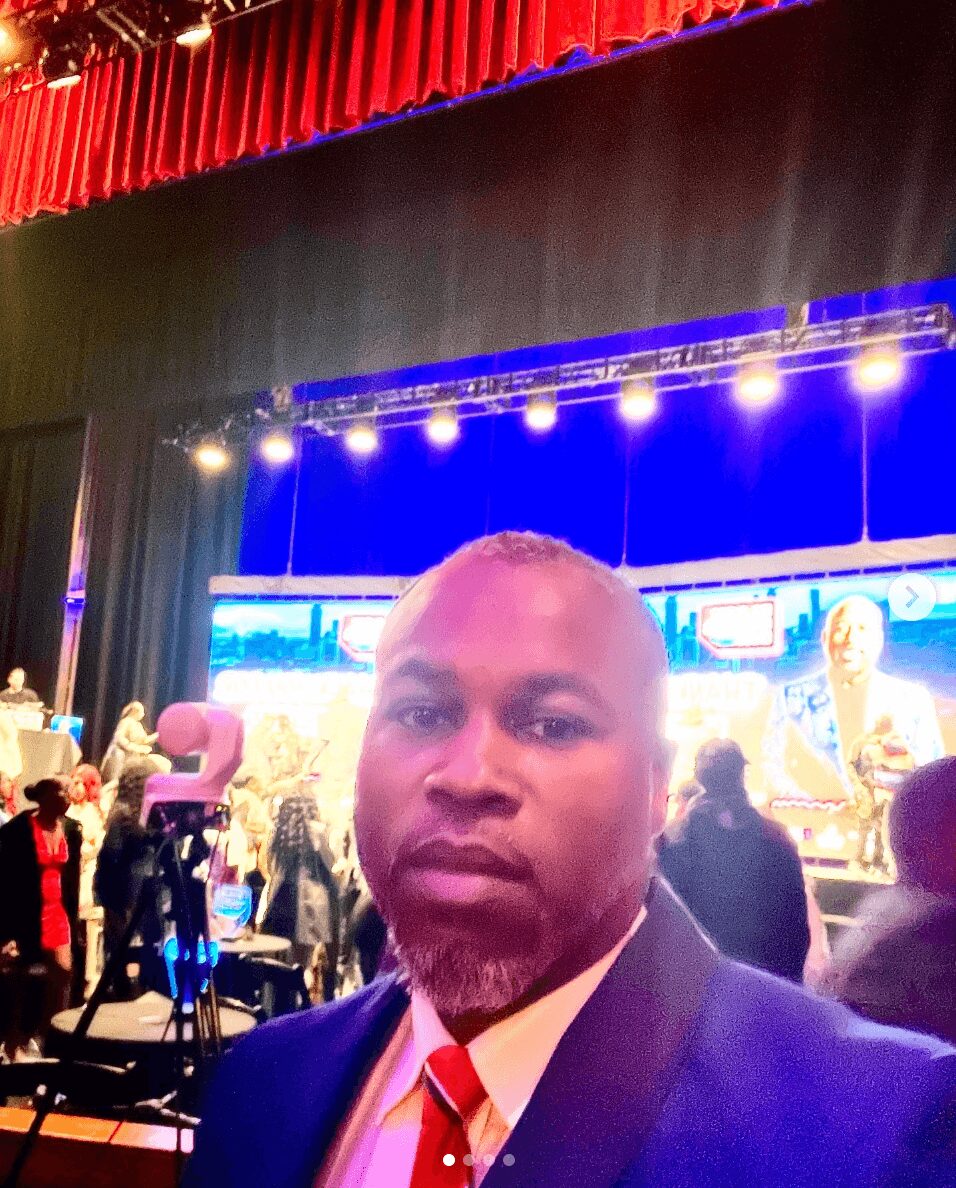
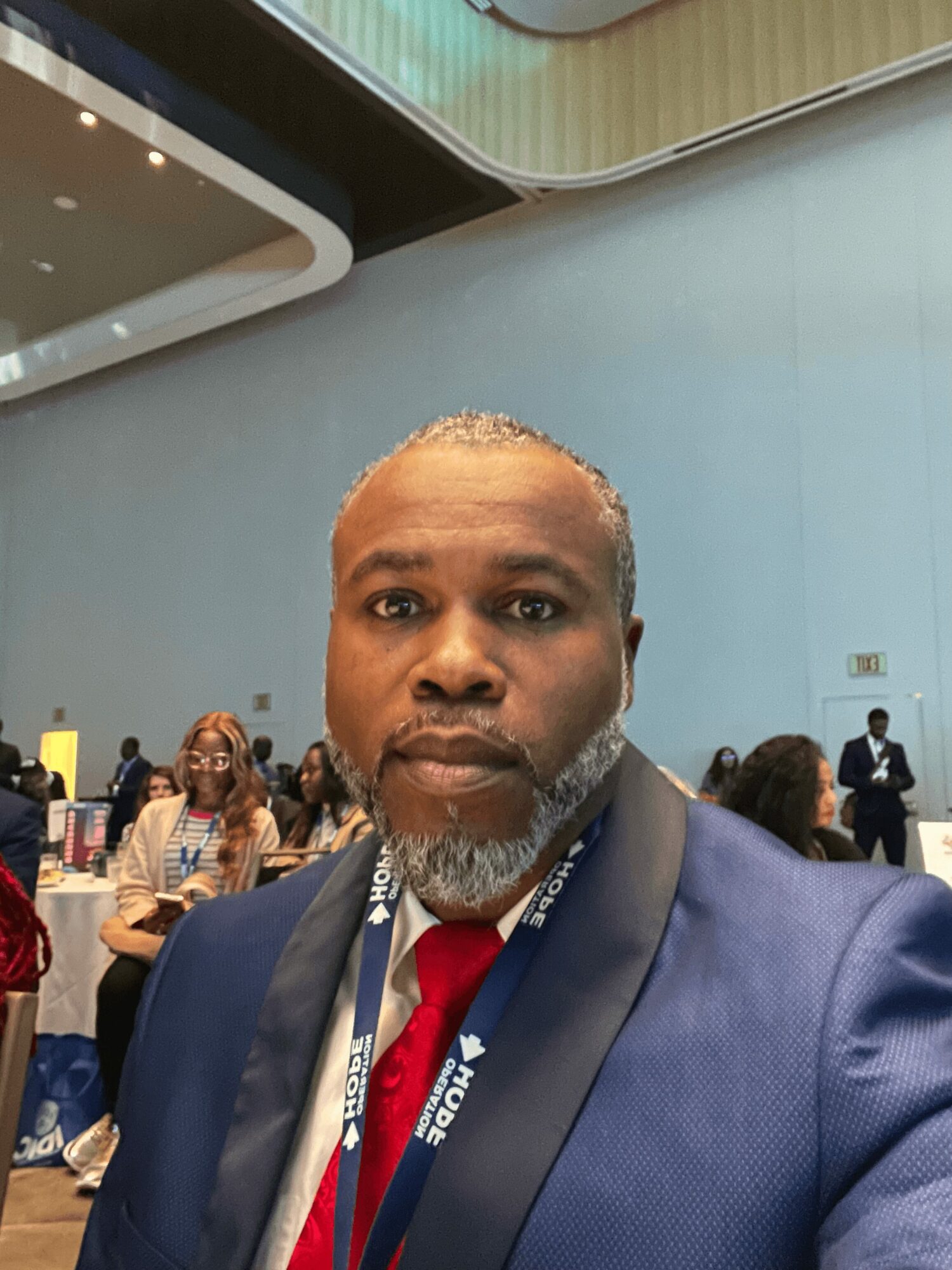
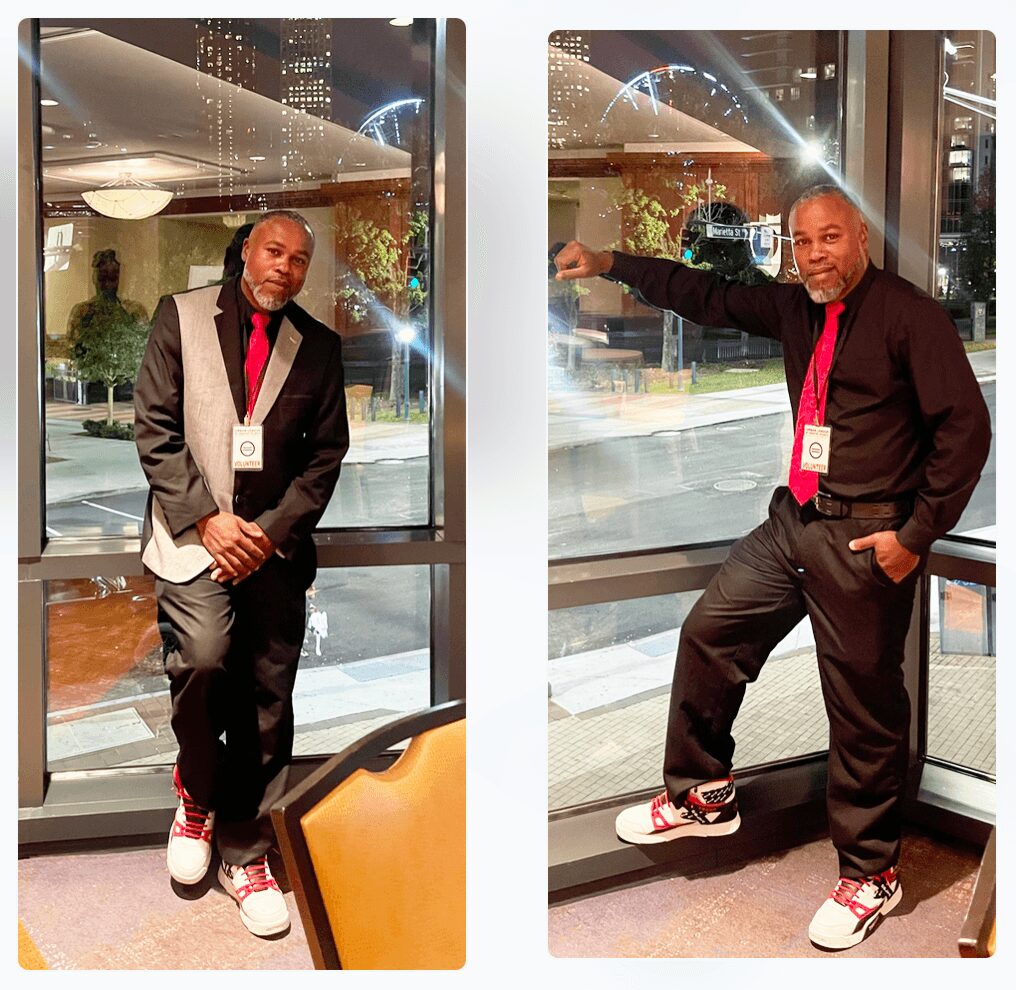
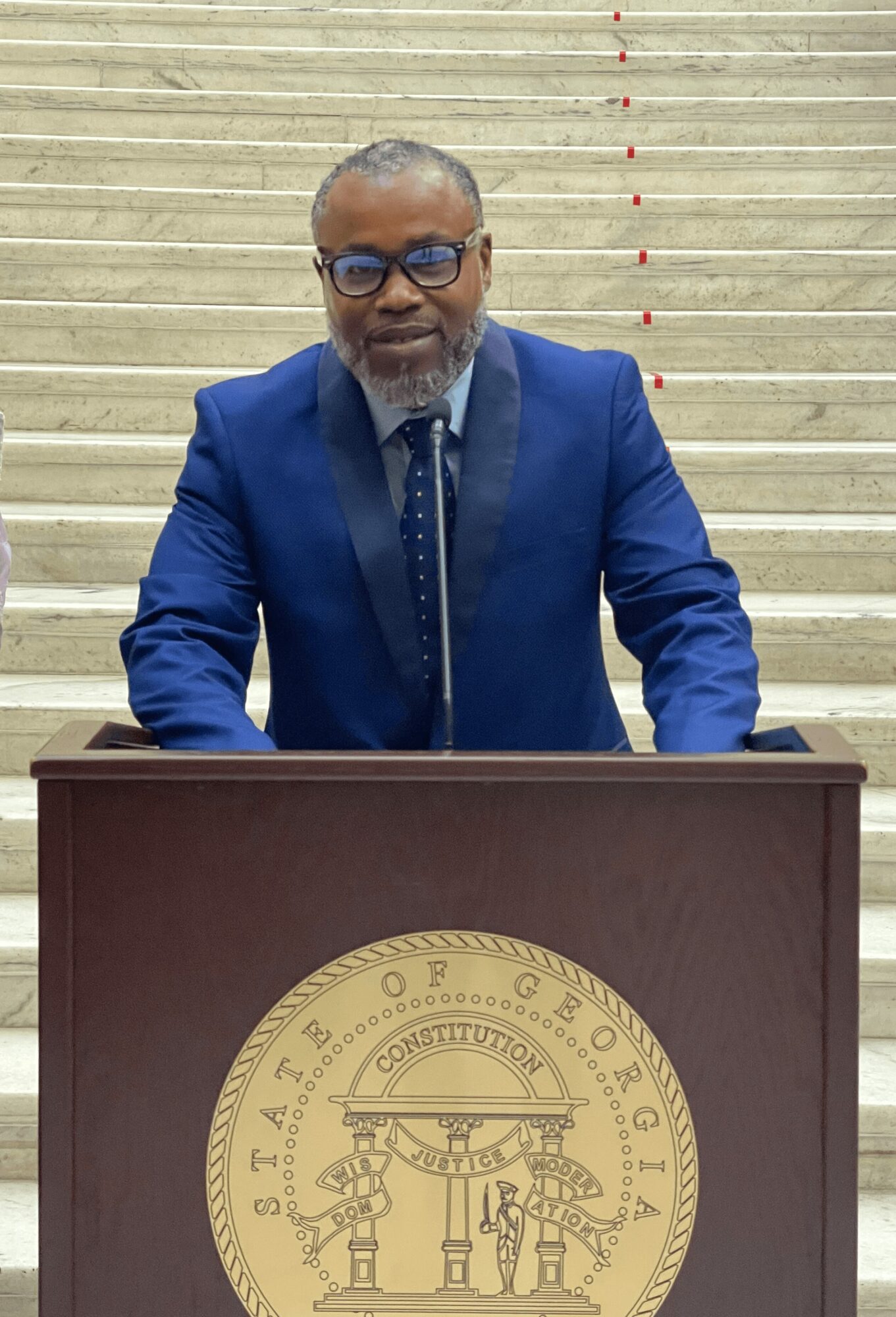
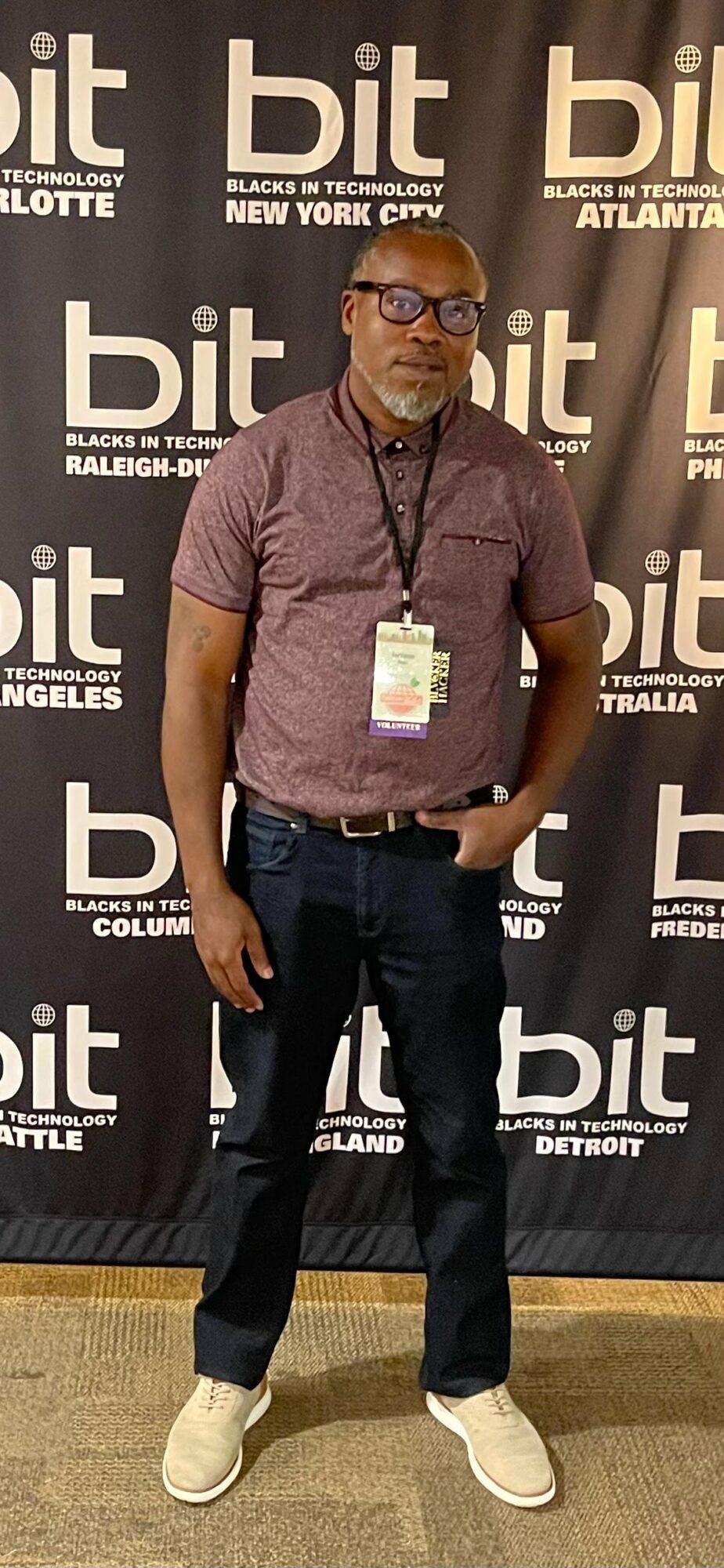
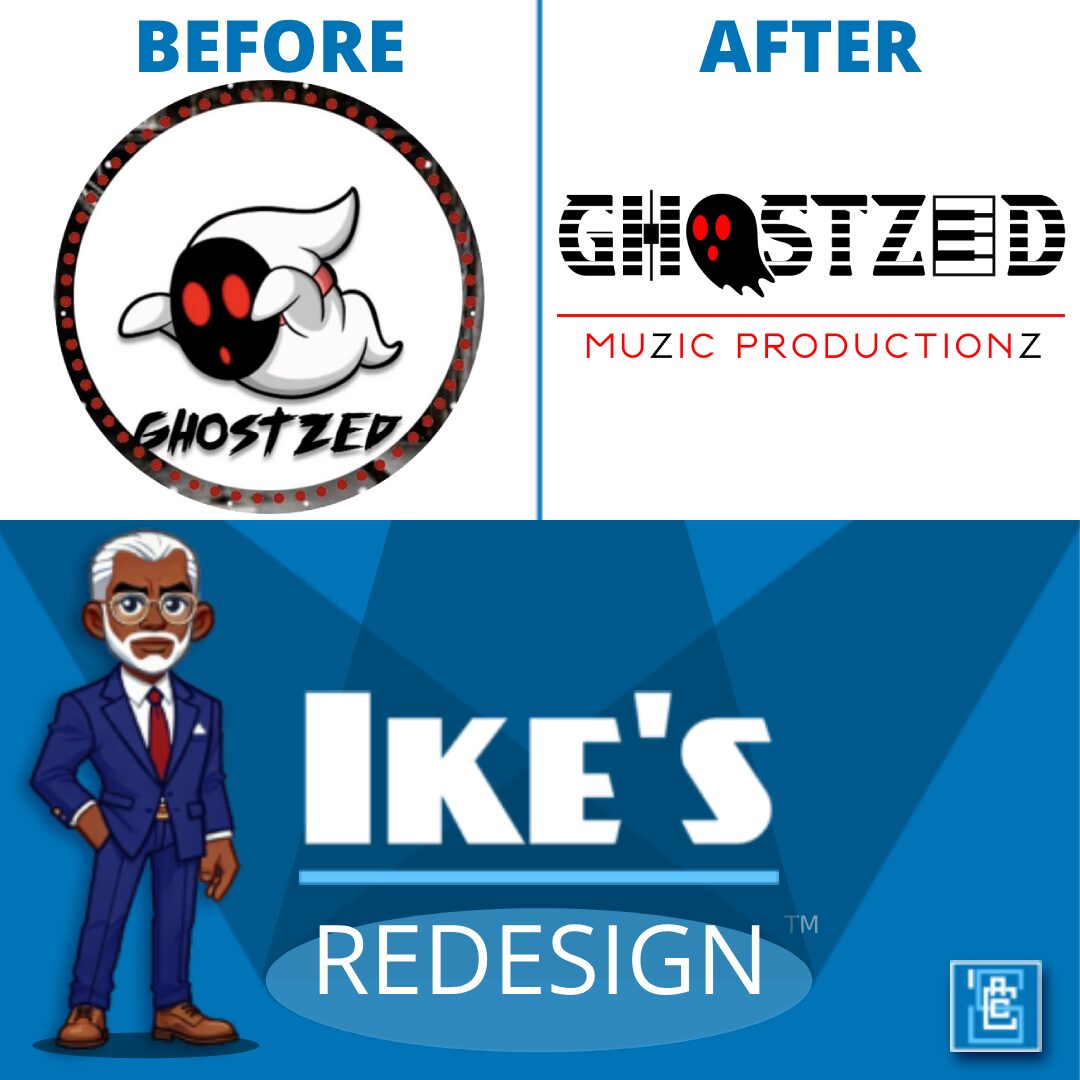
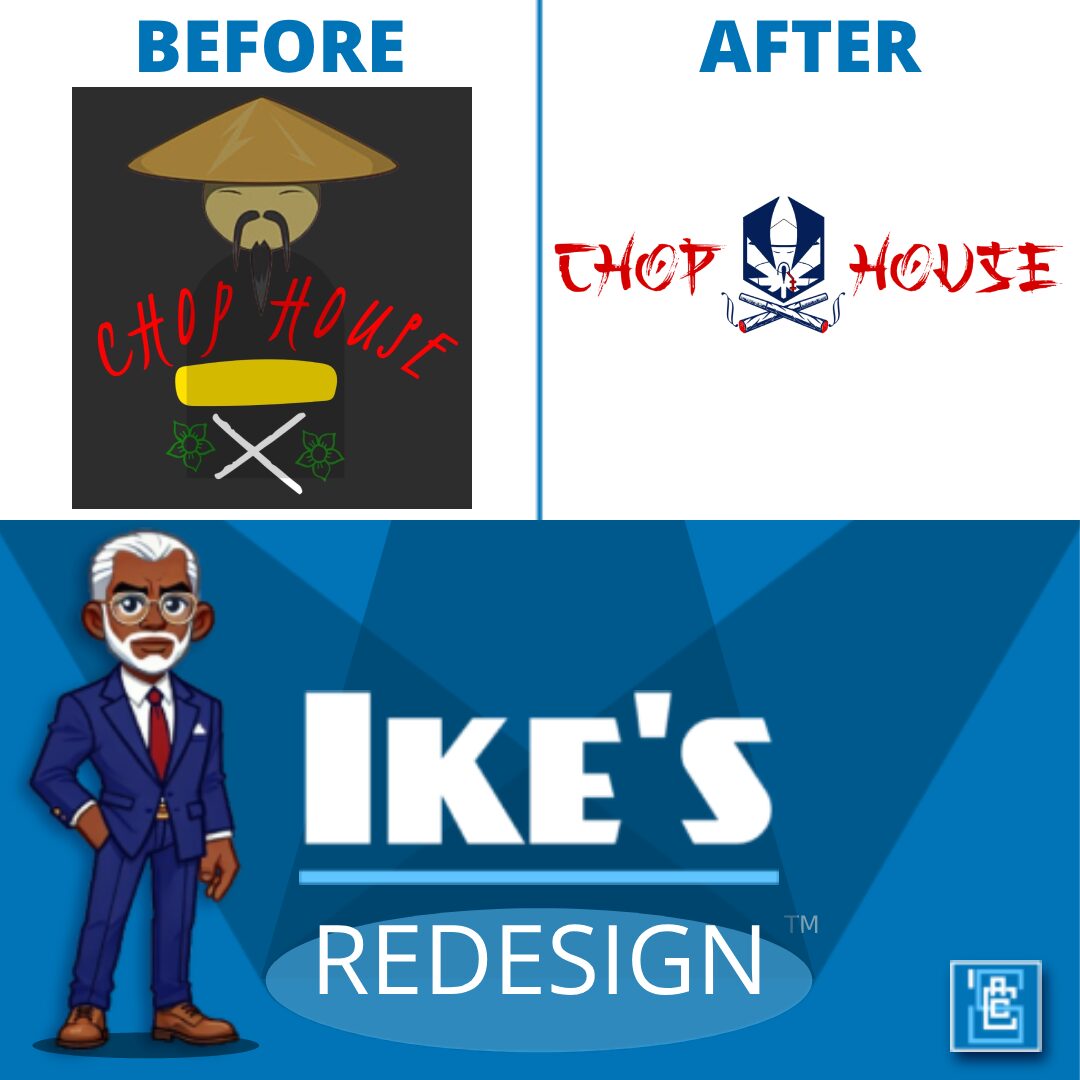
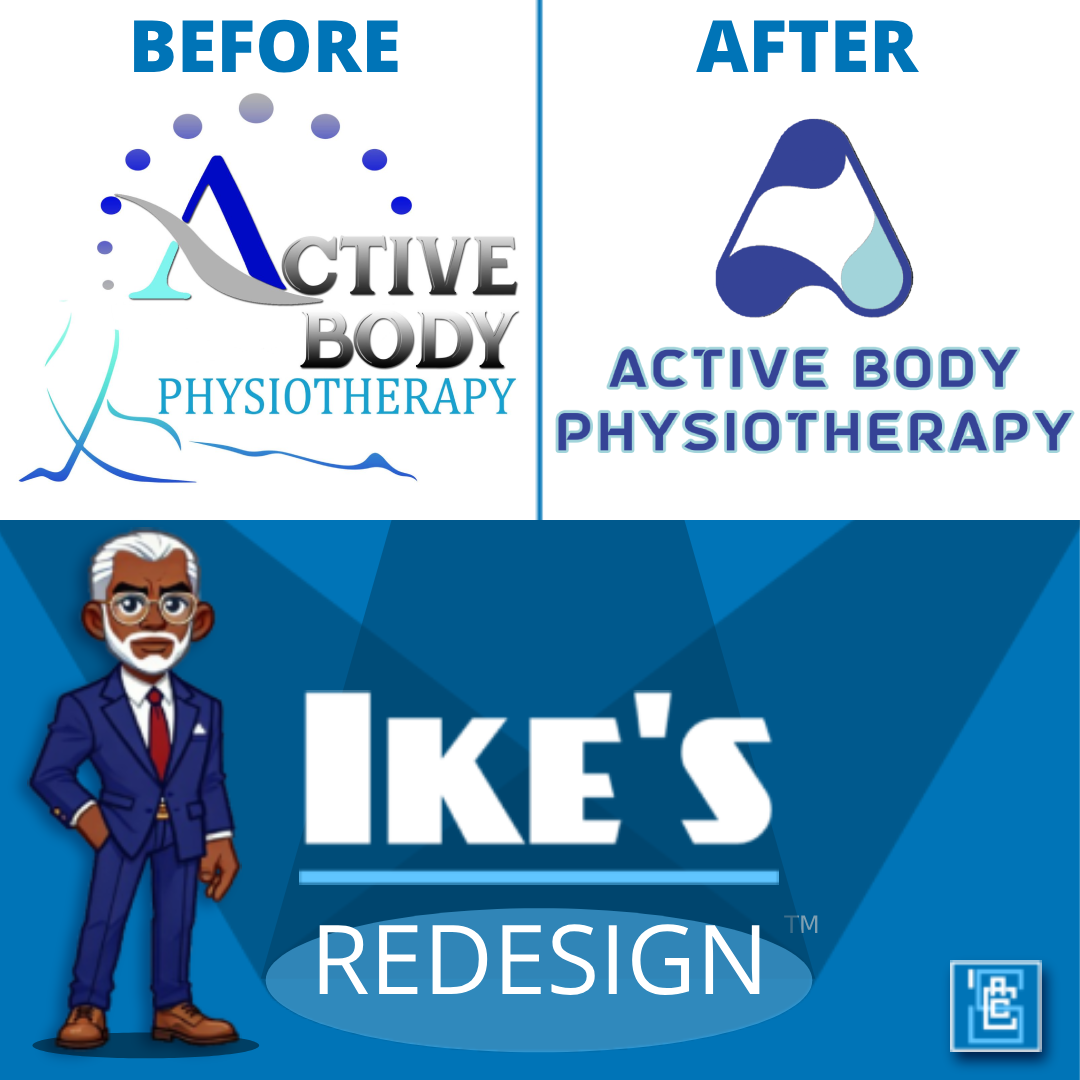
Image Credits
Image Credits: SerVanes Jo-Von Wilson Sr.

